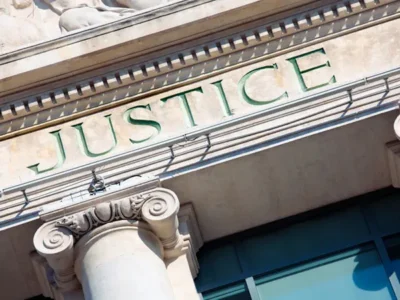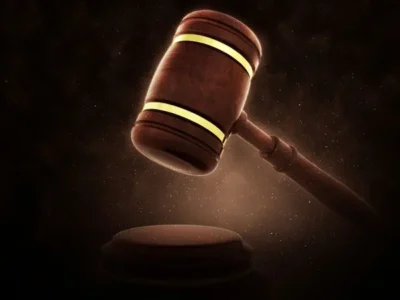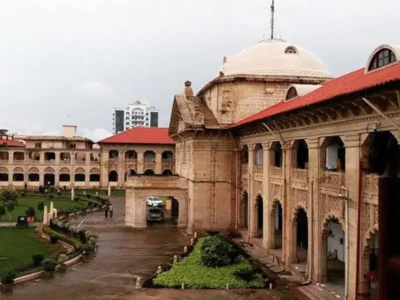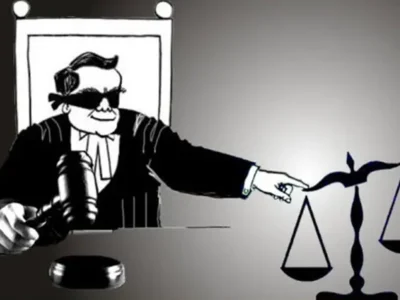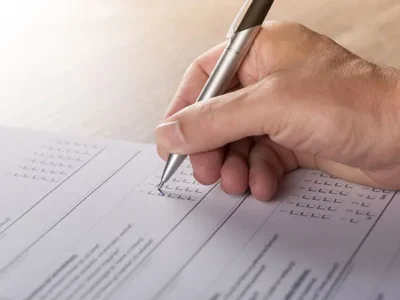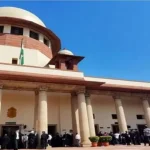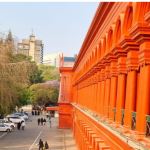Burning The Midnight Oil-A Look At The Workload Of High Court Judges
In an unprecedented move, the judge of the High Court of Bombay, Justice Kathawala heard the cases listed in his court till 3:30 am in the morning.
It Took 20 Years to Convict Salman Khan. That’s Normal – But It Shouldn’t Be
Should it really take 20 years for a case to be decided? That is the question I am left pondering over after witnessing the entire episode on Salman Khan’s conviction.
Of ‘Justice Clocks’ and Court Rankings: Is a Judicial Contest Really the Way to Go?
Reducing the role of justice dispensation and its ranking to a mere count of cases is also worrisome as it may incentivise a blind need to increase the number of cases disposed without ensuring reasoned quality decisions.
One Step Forward, Two Steps Back
Last week on this blog, I wrote about Justice Gautam Patel’s refreshing approach to adjournments and costs. Justice Patel’s order has now been overruled by a division bench of the Mumbai High Court, in an order dated March 7, 2018.
A Refreshing Approach to Tackling Repeated Adjournments
Justice Gautam Patel’s order dated 27 February 2018 in Ram Nagar Trust No. 1 v. Mehtab Sheikh imposing a cost of Rs. 1000 for each of the 450 days of delay in filing an affidavit, by the plaintiff, is an extremely important one in the context of the enormous delay that characterizes our judicial system.
Rethinking the Way India Allocates Judges to Different High Courts
In addition to using a more scientific and data-oriented method to calculate the number of judges needed in a court, the appointment process for the judiciary also needs to be made simpler.
Judiciary and Justice: Re-engineering Processes, Restoring Faith
Pendency has always been a thorn in the Indian Judiciary. Well, the market for justice has moved, but we surely need to look for a solution to counter it.
Of Cows and Life Imprisonment
Unless you have been in hiding or have sworn off reading news, you will know that currently, the consumption of beef in India is a hotly debated moo(t) point. Bad puns aside, the arguments and frenzy surrounding the slaughter of cattle have reached a breaking point.
Leading Indicator of Case Duration
Early hearing of a case gives confidence to the plaintiff in the justice system who thinks his/her rights are being violated.
Access to Justice Survey, 2017 – An Introduction
DAKSH conducted an Access to Justice Survey in 2015, a first of its kind for India, to understand the needs and expectations of litigants, their experiences with the judicial system and the socio-economic costs of being a litigant in India.




